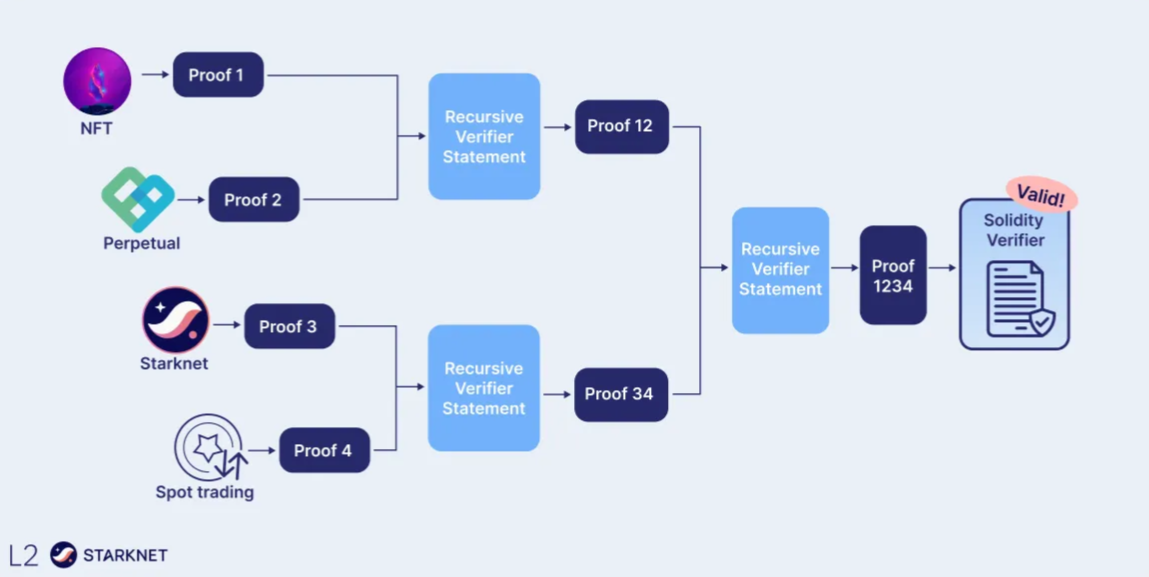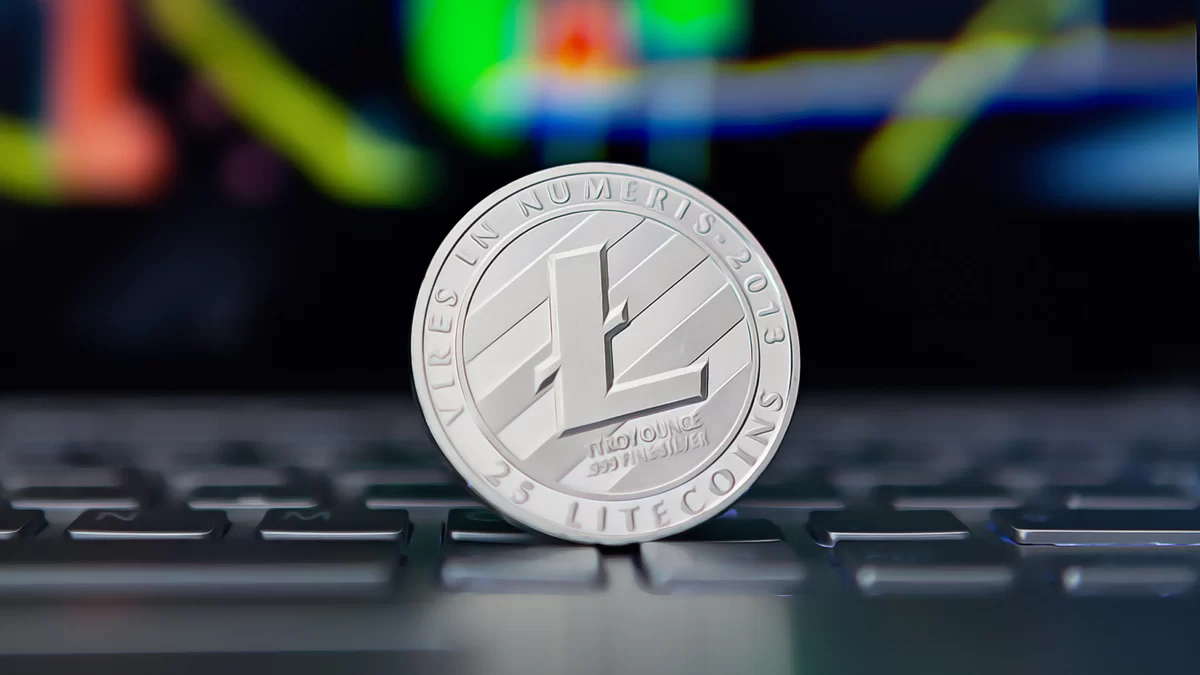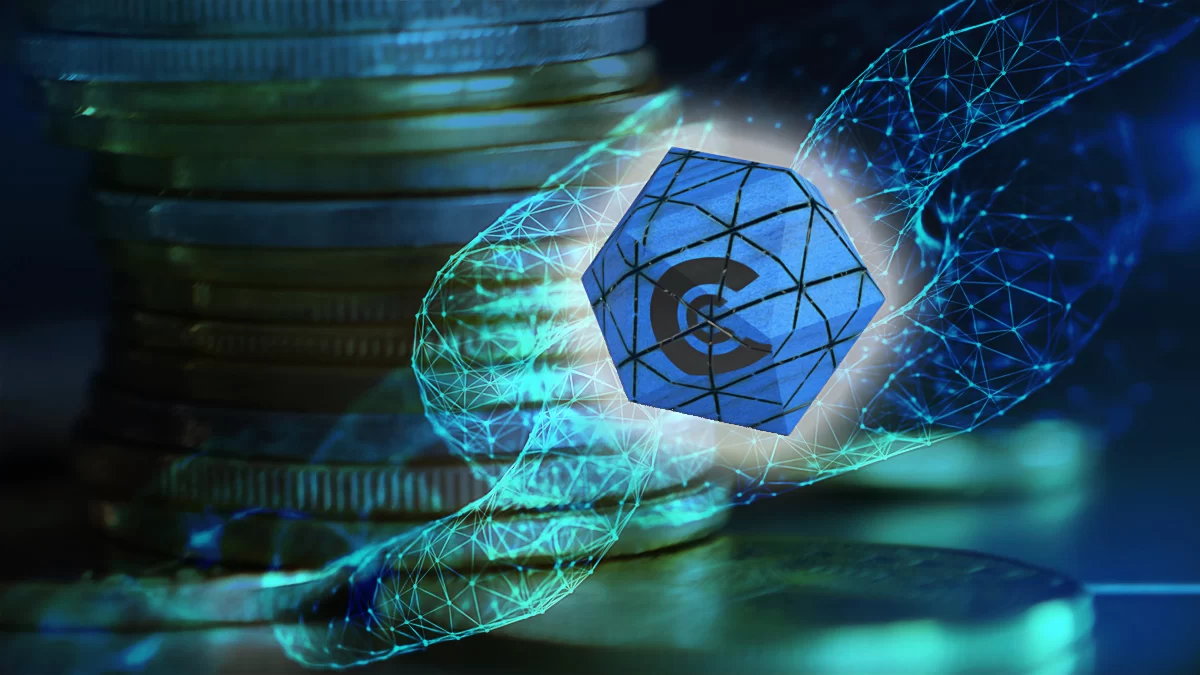A new zero-knowledge proof (ZK-proof) technology is set to enhance access and verification of historical data on the Ethereum blockchain network, overcoming the scalability barrier of deep chain verification. This technology operates in compliance with Ethereum’s principles of transparency and accessibility, while also supporting various use cases such as account recovery and insurance protocols. Users will be able to develop various applications by accessing historical data.
A New Era in Blockchain Technology
Technology company Herodotus has released an on-chain accumulator that allows users to verify data at any point on the Ethereum blockchain network without the need for a third party. This solution utilizes STARK proofs from StarkWare, invented by mathematician Eli Ben-Sasson.
StarkWare has provided Herodotus with a customized instance of their service called SHARP, which utilizes recursive proofs of their own to achieve advanced scaling efficiency. SHARP allows a virtual machine to generate proofs of transactions or blocks in parallel and real-time, grouping them into “proofs of proofs” for verification. At a more technical level, the accumulator acts as a cache storing block headers. If there is a header in the accumulator’s cache, the relevant computation can use it for verification.
As the name suggests, the accumulator on the chain essentially reduces the time required to verify the Ethereum blockchain network and associated data at any point in its history by collecting and accumulating previous proofs.

Accessing Ethereum Blockchain History
Marcello Bardus, Chief Technology Officer at Herodotus, states that the technology eliminates the need for traversing the entire blockchain network in the blockchain ecosystem:
“We can do this off-chain, create an accumulator, and select only a specific block without iterating over the entire chain.”
StarkWare suggests that the storage proofs, based on third-party proofs, can serve as an alternative to interchain bridges for tracking and verifying data. Kacper Koziol, co-founder of Herodotus, added that the accumulator is an innovation that Ethereum has long needed to comply with its principles of transparency and accessibility. Essentially, the technology will allow any user to access any point in Ethereum’s history.
“This will be very powerful. For the first time in blockchain history, people will be able to prove the accuracy of anyone’s information on the chain.”
By leveraging the pioneering ability to autonomously access and verify Ethereum blockchain data, both teams highlight the potential of storage proofs to create “Web2 equivalent applications.” Use cases such as account recovery, triggering the execution of a famous dead man’s switch, or automating insurance protocols using past chain events to trigger smart contract payments are being promoted.









